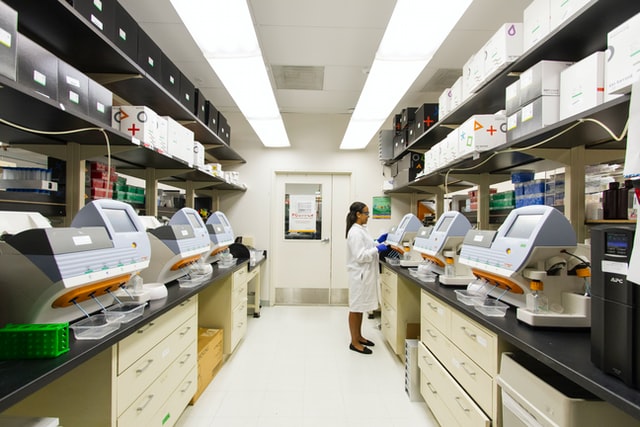Aggregated News

Genetic testing has recently been a buzz in Malaysia, with reports of new coronavirus strains being identified through genomic sequencing and Malaysian biotechnology companies developing consumer genetic tests to evaluate potential sporting prowess in athletes, as well as screening for hereditary conditions and diseases.
Currently, a highly-controversial development in genetic testing is its use in selecting IVF (in vitro fertilisation) embryos for good health and intelligence, in what is known as pre-implantation genetic testing for polygenic risks (PGT-P).
Because good health and intelligence are complex traits determined by a combination of multiple genes, polygenic risk scores (PRS) are used to estimate an individual embryo’s likelihood of developing an adult-onset, multi-factorial trait by analysing the combination of specific genetic variants within it’s genome.
Because no genetic modification is involved, there are minimal risks as it is basically a technique for picking the “winning ticket” in the “genetic lottery” for good health and intelligence.
However, it must be noted that there is an important distinction between embryo testing and selection to avoid serious harm from known genetic defects and for so-called “enhancement”...



